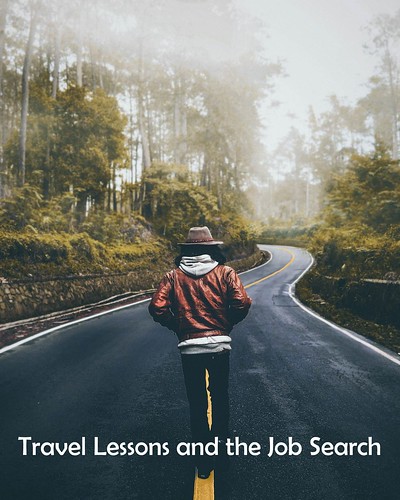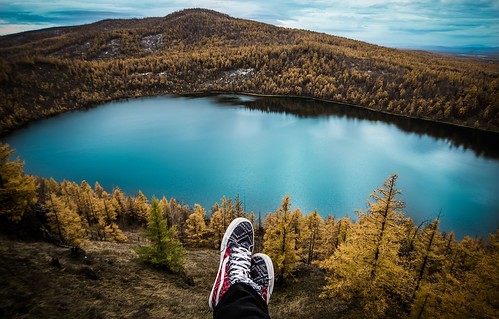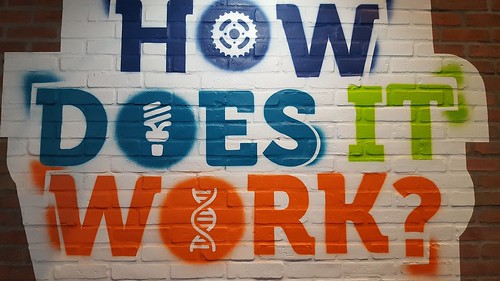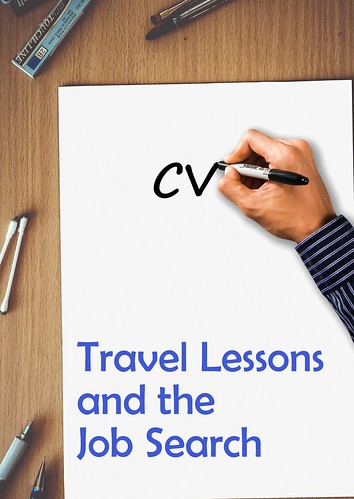How can travelers use their experiences travelling as an asset in their job search?
Employers in today’s business climate are very demanding when it comes to hiring new employees. I am sure everyone has the experience, during a job search, where it feels like the employer wants you to have an MBA from an Ivy League school with 5 years of relevant experience in the industry - and they are only offering a salary of $32,000 per year. Now, not everyone can go to school in the Ivy League, and until someone gets their first opportunity, it is next to impossible to gain years of relevant work experience. For this reason, it is important to develop as many unique transferrable skills as possible to show off to employers. Nothing is better for developing these skills than by travelling. Many people decide to travel during or after college (hello, study abroad!) or take a gap year. These experiences can be equally valuable and prepare you for success in the corporate world better than any formal education.

What are Transferrable Skills?
First and foremost, developing transferrable skills and being able to concisely explain those skills to employers is the most important aspect of obtaining a job. Many of the skills that are essential to today’s work environment are not taught via formal education. You cannot learn in a classroom how to explain to a police officer in South America that you left your passport at your hotel and you only have a photo copy of your identification. At the same time, you cannot teach someone in a classroom that the friendly guy helping you get a cab in a busy French market is actually trying to rob you. You can only learn these skills by being there in the situation firsthand. Some people might call these lessons street smarts. That is somewhat true, but some of these skills can only be properly developed by exploring places and being adventurous. Travelling to another country and learning to speak another language have a tendency to teach you incredible life skills, unlike anything a formal education can prepare someone for.
These skills you learn by traveling can transfer into many roles and industries in the corporate world. Situations where you must think quickly on your feet are everywhere in today’s business climate. One situation might be if you are a retail store manager who has to deal with a shipment not arriving two days before Black Friday. Another situation might be if you are an insurance agent who has a customer who has been dropped from coverage by their carrier and you need to help them find the best coverage and price for workers compensation insurance in New York. A person who has travelled internationally will be uniquely prepared to deal with these situations - and they should express that, during the hiring process.

Interpersonal Communication
Interpersonal communication is more important than ever. Because of technology, communicating with each other is easier now than at any time in history. This does not mean people are better communicators, however. When travelling, the only way to find out the ins and outs of the area you are visiting is by effectively communicating with the locals. There is no better way to develop these communication skills than by interacting with people who do not speak like you. This skill can be gained by interacting with people from another portion of the country, learning a language, or studying abroad. In the USA, it's like when a New Yorker travels to New Orleans for the annual jazz festival, or when someone from Lower Alabama travels to Chicago for New Year's Eve. People in these situations have to interact with people who are not like them and do not speak like them - and become better communicators. This challenge is only amplified when you add in another country, another language, and another culture. People who have travelled internationally are more equipped to deal with difficult communication situations than someone who has not. This is a major way someone can use their travelling experience as an asset in the job interview.


Critical Thinking
One skill that runs hand in hand with interpersonal communication is critical thinking. No matter what data scientists may tell you, thinking critically can never be done as well by a computer as it can be done by a human being. Being able to think quickly on your feet and still use sound judgment is a skill that really separates the good from the great in the professional world. Good critical thinking skills are crucial, no matter what industry someone works in. Many people will work in some form of sales. To be a successful salesperson, you will need to quickly determine what is most important to your potential clients and find several ways to solve their problem. People who can do this effectively are the people who get paid more and get promoted up the corporate ladder. There are tools that can help a human do this job more effectively, but nothing can replace good critical thinking skills.

Risk Management
Risk Management is one skill that can be developed effectively through travelling. Understanding what risks you face and how to best compensate for those risks can determine how successful your travel experience will be. The more someone travels, the more risks they face. Some countries are more dangerous than others. Some parts of a country or city may be more dangerous than others. Researching these risks and determining if you are going to visit those areas will help you develop risk management skills that are directly transferrable into the corporate world. Determining how to mitigate the risks of one country helps develop risk reward benefits. Management in many different industries has to deal with risk vs. reward constantly. This could be if you work in the banking industry and you are determining if you are going to offer someone a mortgage and what rate to offer them. It can also come in to play in the insurance industry, if you are determining how dangerous a business is when you are deciding to offer coverage. No matter what industry you ultimately end up working in, you will be required to quickly assess the risks of a business and come up with effective solutions to deal with those risks.

What have you learned on your travels that can translate into career skills?
Pin for later:

